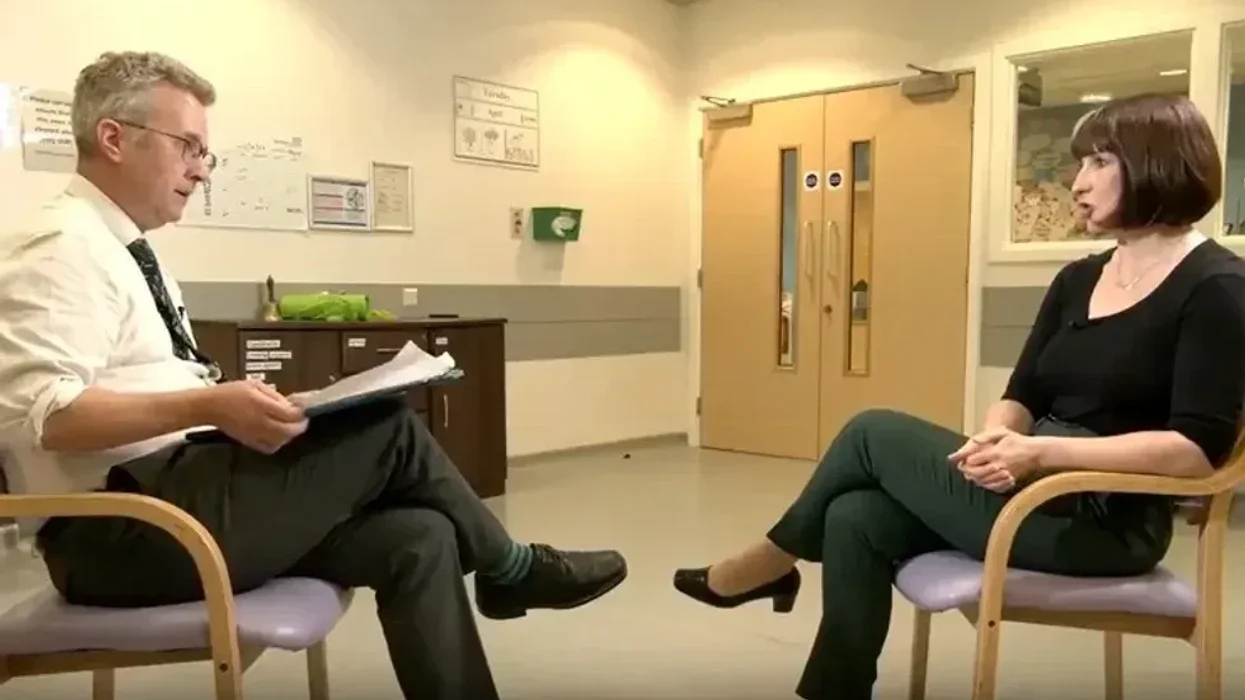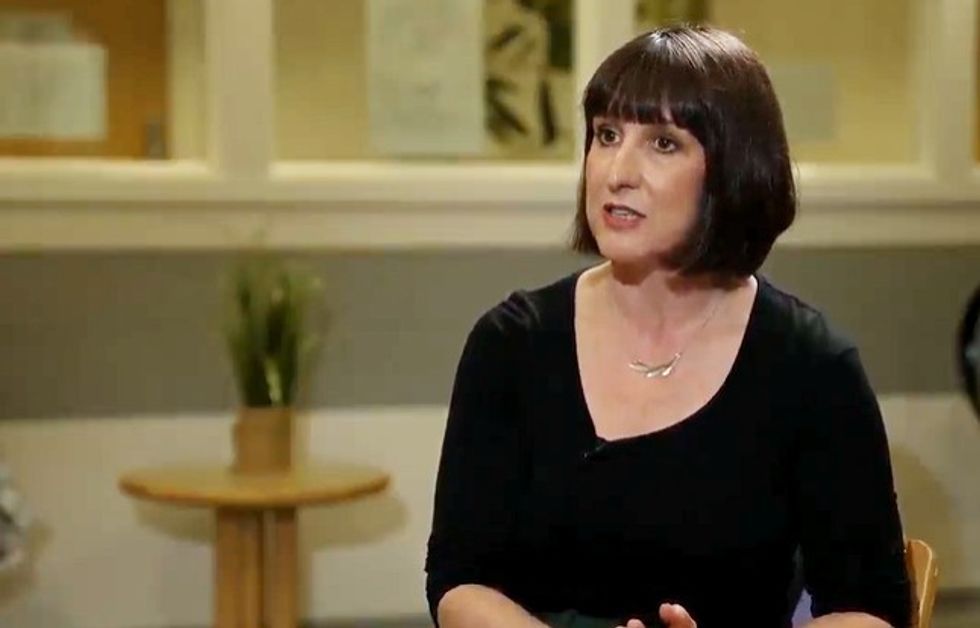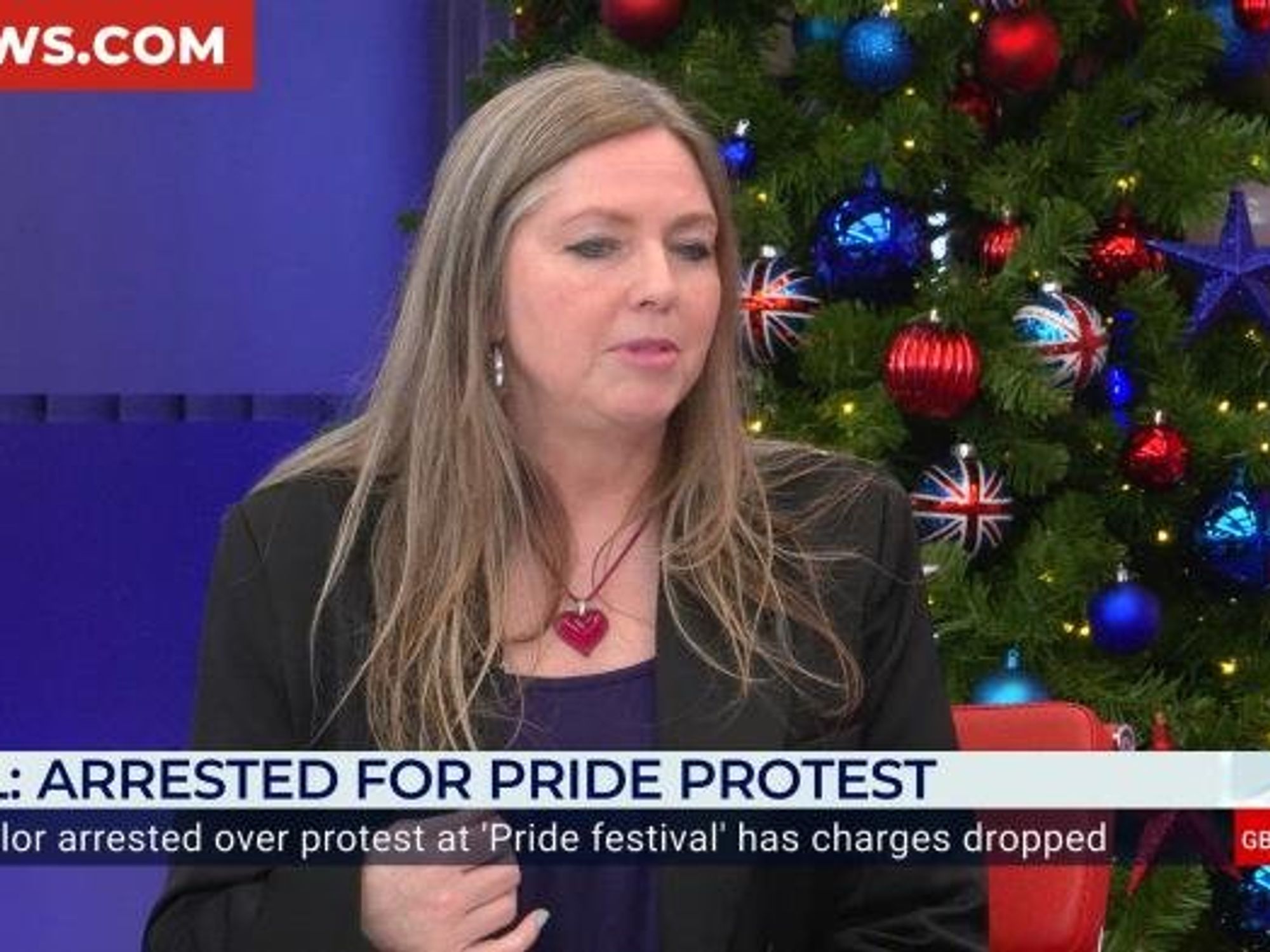Christopher Hope’s analysis: Rachel Reeves’ toughest challenge yet – getting HMRC staff to pick up the phone

Rachel Reeves sat down with Christopher Hope this afternoon
|MA

The Shadow Chancellor is facing a steep challenge to get what she wants
Don't Miss
Most Read
Jeremy Hunt laid down the gauntlet to Rachel Reeves when he stole Labour's policy to scrap ‘non-domiciled tax status’, and spend the cash on cutting taxes. Today we heard Reeves' response to filling the £2 billion hole left by Hunt's political sleight of hand.
The answer was to go back to a theme of the last days of Gordon Brown's government and the first years of the Coalition government: to close the 'tax gap', the £36billion difference between tax paid and what should be paid, according to HMRC.
On a visit to a hospital in Manchester, Reeves set out what she meant in a detailed 14-page document, with 43 footnotes, which almost screamed 'look at my seriousness' to those in the electorate who want to accuse Labour of unfunded tax plans.
She said Labour would raise £2.6billion by closing "loopholes" in the government's plans to abolish 'non-dom' exemptions and give more money to tax officials would help raise £5billion a year by 2029 with a renewed effort by staff at HM Revenue and Customs to ensure that Britons pay the right amount of tax.

On a visit to a hospital in Manchester, Reeves set out what she meant in a detailed 14-page document,
|GB NEWS
This crackdown on "tax dodgers" would cover the cost of breakfast clubs in primary schools across the country and other NHS spending originally covered by Reeves’ axing the non-dom tax status.
Labour has pinned the policy to a speech given by the head of the National Audit Office Gareth Davies, who told the Financial Times in January that it was possible to save £6 billion by cracking down on tax evasion and avoidance.
Except I detected some confusion between avoidance (legal) or evasion(illegal); Labour's press release made no mention of evasion, simply saying that Davies had "recently said that there is £6 billion a year that could be recovered through a concerted effort on tax avoidance".
Davies was clearly discussing tax evasion as well. That's why I asked Reeves when I interviewed her at a hospital in central Manchester this afternoon if she planned to crack down on ISAs, pensions and other forms of legal tax avoidance. "There is nothing wrong with ISAs and we're certainly not going to be cracking down on those all people saving into pensions," she said.
The central point was clear though: under Labour people would be expected to pay their fair share if they wanted to use public services.
"Britain is a brilliant place to live and work and that's why so many people want to come here to live and work. But if you choose to come to Britain, you should contribute to public services in the same way that everyone else does", she told me.
Reeves is facing a steep challenge to get what she wants. A staggering 841,000 phone calls were not answered by HM Revenue and Customs staff in January alone, while more than half of the staff at HMRC between January and March were working from home.
Reeves made clear she wanted this WFH culture to end. "My personal preference is to be in the office - sometimes seven days a week. I find that I'm more productive, more efficient, able to talk to my colleagues be able to learn and interact," she said.
But she added: "Different people have got different needs and it's up to managers to work with their staff. But I think whether you work in the public or private sector, productivity is likely to be higher in most cases if you're in the office with colleagues."
Plenty would agree with her. But the WFH challenge is only the beginning of the challenge to close the tax gap.
When it comes to trying to get more people to pay their share of tax, I suspect Reeves will not be the first person wanting to be Chancellor who finds it hard to put her rhetoric into practice when - as seems likely according to polls - she is handed the keys to 11 Downing Street.










